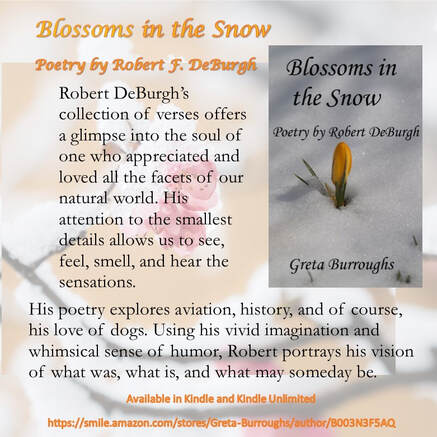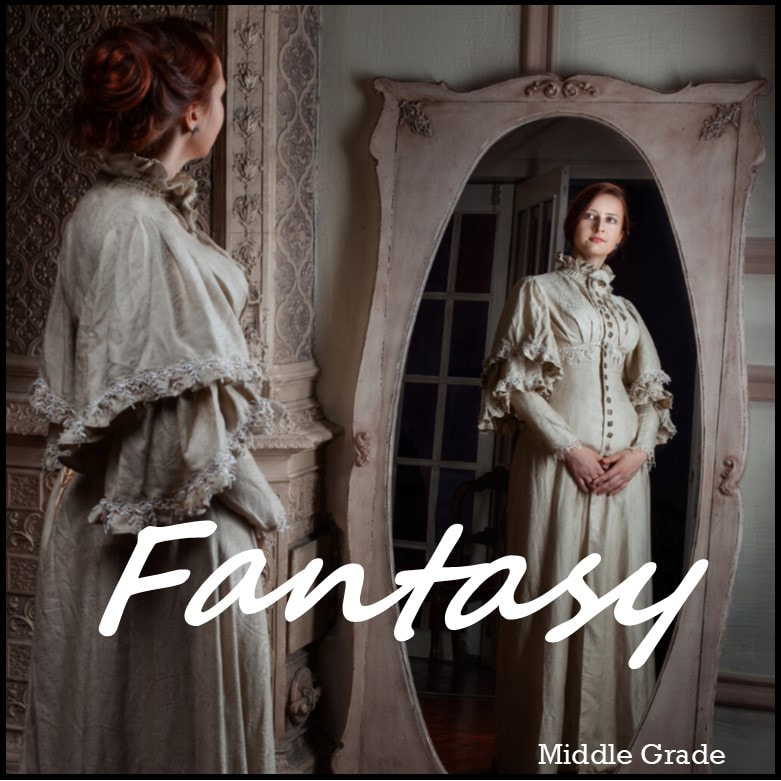What's the most effective form of writing to express your innermost thoughts, feelings, or emotions? Poetry would be my answer. Whether it rhymes or not, a poem reaches inside the poet's heart and expresses their deep-seated musings. Each verse draws a reader into the writer's mindset and shares the sadness, loneliness, frustration, happiness, or joy the poet describes.
Dannye uses Free Verse to explore her deepest thoughts. For example, her experiences as a caregiver encompass a wide range of emotions. Every day was unpredictable. She never knew which direction her rollercoaster ride would take her. Fortunately, Dannye could voice the ups and the downs, along with the loop-the-loops, and share her erratic journey through verse. I'm sure the writing was painful at times, but the result has proven beneficial for other caregivers undergoing the same trials. Knowing someone has been there, done that, and survived makes the journey bearable for the rest of us.
Poetry offers us a glimpse into the soul.
On the other hand, poetry also shares the joy surrounding us that is often overlooked. My late husband, Robert, used Haiku to convey his love of life. This didn't apply only to people but to nature as well. He looked beyond the surface to explore the interactions between humanity, flora, and fauna. He wanted to delve into the beautiful souls residing within all living things.
Robert's collection of verses in Blossoms in the Snow offers a glimpse into the mind of one who appreciated and loved all the facets of our natural world. His attention to the smallest details allows us to see, feel, smell, and hear the sensations he experienced, as well as the pleasure associated with them.
His deep appreciation and fascination with nature come to life in his haiku. The simple three-line poems open up the deep-thinking side of the poet, who cherished all aspects of beauty in nature and life.
Spring is on its way. Warmer temperatures and longer days signal that it's almost time to witness nature's grand reawakening of the precious lives sharing this planet with us. Bare trees are starting to sport new leaves, nuts, and fruits. Barren fields are filling up with colorful, nectar-filled wildflowers.
Birds, insects, and other hungry creatures take advantage of warm days to venture from their winter homes to scout out the early blossoms. They appreciate the new life as much, if not more, than we do.
Robert loved springtime. He reveled in observing the transition firsthand and sharing the delight he experienced. From the cloud of gnats hovering overhead to the picnics shared with our loved ones to the lengthening daylight allowing us to spend more time outside, these simple joys are priceless. That's the gift Bob wants to impart to his readers through his haiku.
Read and enjoy!
Dannye uses Free Verse to explore her deepest thoughts. For example, her experiences as a caregiver encompass a wide range of emotions. Every day was unpredictable. She never knew which direction her rollercoaster ride would take her. Fortunately, Dannye could voice the ups and the downs, along with the loop-the-loops, and share her erratic journey through verse. I'm sure the writing was painful at times, but the result has proven beneficial for other caregivers undergoing the same trials. Knowing someone has been there, done that, and survived makes the journey bearable for the rest of us.
Poetry offers us a glimpse into the soul.
On the other hand, poetry also shares the joy surrounding us that is often overlooked. My late husband, Robert, used Haiku to convey his love of life. This didn't apply only to people but to nature as well. He looked beyond the surface to explore the interactions between humanity, flora, and fauna. He wanted to delve into the beautiful souls residing within all living things.
Robert's collection of verses in Blossoms in the Snow offers a glimpse into the mind of one who appreciated and loved all the facets of our natural world. His attention to the smallest details allows us to see, feel, smell, and hear the sensations he experienced, as well as the pleasure associated with them.
His deep appreciation and fascination with nature come to life in his haiku. The simple three-line poems open up the deep-thinking side of the poet, who cherished all aspects of beauty in nature and life.
Spring is on its way. Warmer temperatures and longer days signal that it's almost time to witness nature's grand reawakening of the precious lives sharing this planet with us. Bare trees are starting to sport new leaves, nuts, and fruits. Barren fields are filling up with colorful, nectar-filled wildflowers.
Birds, insects, and other hungry creatures take advantage of warm days to venture from their winter homes to scout out the early blossoms. They appreciate the new life as much, if not more, than we do.
Robert loved springtime. He reveled in observing the transition firsthand and sharing the delight he experienced. From the cloud of gnats hovering overhead to the picnics shared with our loved ones to the lengthening daylight allowing us to spend more time outside, these simple joys are priceless. That's the gift Bob wants to impart to his readers through his haiku.
Read and enjoy!
SPRING'S REAWAKENING
Gnats in frenzied flight
Hover above fallow fields
Soon to feel the plow
***
Dappled morning light
Sunshine heats the noontime air
Cool and gentle eves
***
Sunny afternoon
A wicker picnic basket
On green river bank
***
Goldfish in a pool
Moving splashes of color
Among the lilies
***
People hurry by
On crowded city sidewalks
Taxis honk loudly
***
Night in the city
Neon signs brighten the dark
Traffic slows its pace
Gnats in frenzied flight
Hover above fallow fields
Soon to feel the plow
***
Dappled morning light
Sunshine heats the noontime air
Cool and gentle eves
***
Sunny afternoon
A wicker picnic basket
On green river bank
***
Goldfish in a pool
Moving splashes of color
Among the lilies
***
People hurry by
On crowded city sidewalks
Taxis honk loudly
***
Night in the city
Neon signs brighten the dark
Traffic slows its pace










 RSS Feed
RSS Feed